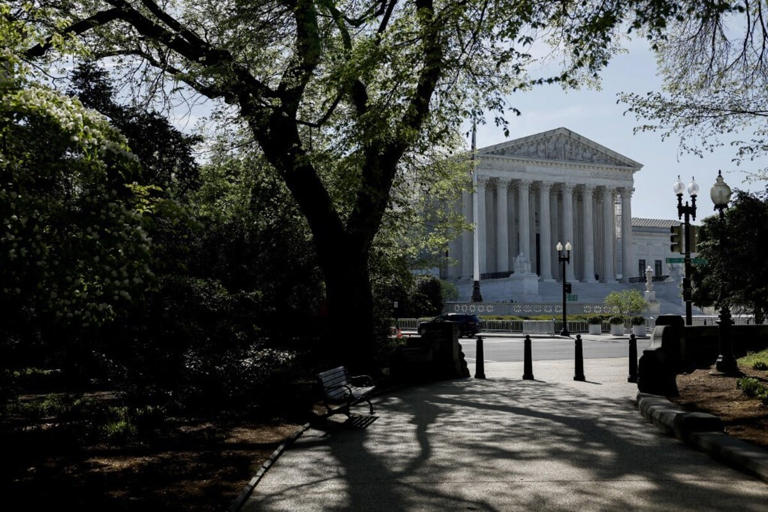The Supreme Court’s ruling in Starbucks Corp v. McKinney has ignited significant debate and concern regarding its potential ramifications for workers’ rights and the landscape of labor relations in the United States. At the heart of the case were the actions taken against the “Memphis Seven,” a group of Starbucks baristas who faced termination allegedly in response to their efforts to unionize their workplace. This scenario, emblematic of broader challenges in labor organizing, underscores the clash between corporate interests and workers’ rights.
Initially, the National Labor Relations Board (NLRB) intervened by issuing a 10(j) injunction, a tool meant to protect workers from unfair labor practices pending a full adjudication of their case. This injunction required Starbucks to reinstate the fired employees. However, the Supreme Court’s ruling introduced a stricter four-part test that must now be met to warrant such injunctions. Critics argue that this higher threshold could hinder the NLRB’s ability to swiftly address alleged violations and protect workers effectively.
Justice Ketanji Brown Jackson’s dissent emphasized concerns over judicial overreach, highlighting Congress’s explicit intent to empower the NLRB as the primary authority in labor disputes. Her dissent underscores a broader judicial trend of curtailing agency discretion, which has implications for the enforcement of labor laws and the protection of workers’ rights.
The ruling reflects a broader pattern in recent Supreme Court decisions that limit the powers of federal agencies, potentially tipping the scales in favor of employers in labor disputes. This trend has raised alarms among labor advocates who argue that it undermines decades of established protections aimed at ensuring fair treatment and collective bargaining rights for workers.
In response, Workers United, representing Starbucks workers and other labor rights advocates, condemned the Supreme Court’s decision as detrimental to the interests of working people. President Lynne Fox characterized the ruling as exacerbating an already uneven playing field, where workers often struggle against corporate interests backed by legal and financial resources.
Despite the setback, there remains a strong resolve among workers to continue organizing efforts. Workers United pointed to ongoing petitions filed by employees at multiple Starbucks locations seeking to join the union. This grassroots mobilization underscores a growing momentum within the labor movement, driven by workers’ resilience and determination to secure better working conditions and fair treatment.
The Starbucks Corp v. McKinney case exemplifies the complex interplay between legal precedent, judicial interpretation, and the practical realities of labor relations in modern America. It underscores the need for legislative action and advocacy to counterbalance judicial decisions perceived as undermining workers’ rights and protections.
Looking ahead, the implications of the Supreme Court’s ruling will shape the strategies and tactics of both employers and labor organizations in navigating the evolving landscape of labor law. As debates continue, the role of federal agencies like the NLRB in safeguarding workers’ rights remains a critical focal point in ensuring a fair and equitable workplace for all Americans.
